This project aims to create a robust AI image generation workflow that can produce a large number of consistent, high-quality images of AI influencers maintaining character consistency across multiple settings and poses while producing a high volume of images efficiently is a significant hurdle. This is just a testing project for just demonstrating potential functionalities.
- Character Consistency: The workflow can generate images of a single character, ensuring that the character's core features (face, body type, etc.) remain consistent across all generated images.
- Multiple Character Support: Users can specify the character at the first stage.
- Image Quality: I have chosen several scales for future possibilities. We can boost calculation by choosing low-resolution results and Upsampling those with light-weight SR models. It can also
- Efficiency: The workflow is working completely online, so no requirements of calculational resources.
- Customization: The workflow can be easily modified to create new characters or adjust existing ones.
- Python 3.10 installed
- Required Python packages installed (see installation instructions)
Install the required dependencies:
(optional) conda create -n my-env python==3.10.9
(optional) conda activate my-env
pip install -r requirements.txt
- Prepare your character prompts and target person's photo (e.g., reference images) required by the workflow.
- Run the main scope script:
python run.py - The generated images will be saved in the
/img/outputdirectory, organized by character.
During the development of this workflow, we faced several challenges, including:
- Maintaining Character Consistency: Ensuring that the character's core features remained consistent across multiple generated images was a complex task. We explored various techniques, such as using reference images and fine-tuning the AI model, to achieve the desired level of consistency. Finally the most effective and satisfactory result was by combining text-to-image GANs and face swapping technologies. Simply combining two technologies with proper prompt preprocessing, we could get the great result with free api and no resources - great starting point.
- Generating Diverse Poses and Backgrounds: By choosing random seed for image generation stage, we could generate many totall different images.
Here are sample outputs demonstrating the workflow's capabilities:
You can get the original images of first stage(image generation) and used target character from img/source
As long as this is an examinational project, we have plenty of more options for enriching and improving the overall quatility and reality of generation results.
This AI image generation workflow provides a robust and efficient solution for creating consistent, high-quality images of AI influencers. By addressing the key challenges in AI-generated content, the workflow enables the production of a large number of images that maintain character consistency across diverse settings and poses.
###Future Enhancements To further improve the capabilities of this workflow, the following enhancements can be considered:
-
Expanded Character Customization: Develop a more intuitive and user-friendly interface for modifying character prompts and input files, allowing for even greater customization and personalization of the generated images.
-
Automated Prompt Optimization: Implement machine learning-based techniques to automatically optimize prompts for improved character consistency and image quality, reducing the manual effort required for prompt engineering.
-
Multi-Modal Integration: Explore the integration of additional modalities, such as text-to-speech or audio-to-image generation, to create a more comprehensive AI influencer content creation suite.
-
Real-Time Generation: Investigate methods to enable real-time or near-real-time image generation, further streamlining the content creation process and allowing for more dynamic and responsive AI influencer campaigns.
-
Deployment and Scaling: Develop a scalable deployment solution, such as a cloud-based platform or a containerized application, to make the workflow accessible to a wider range of users and enable seamless integration with existing AI influencer workflows.
.png)
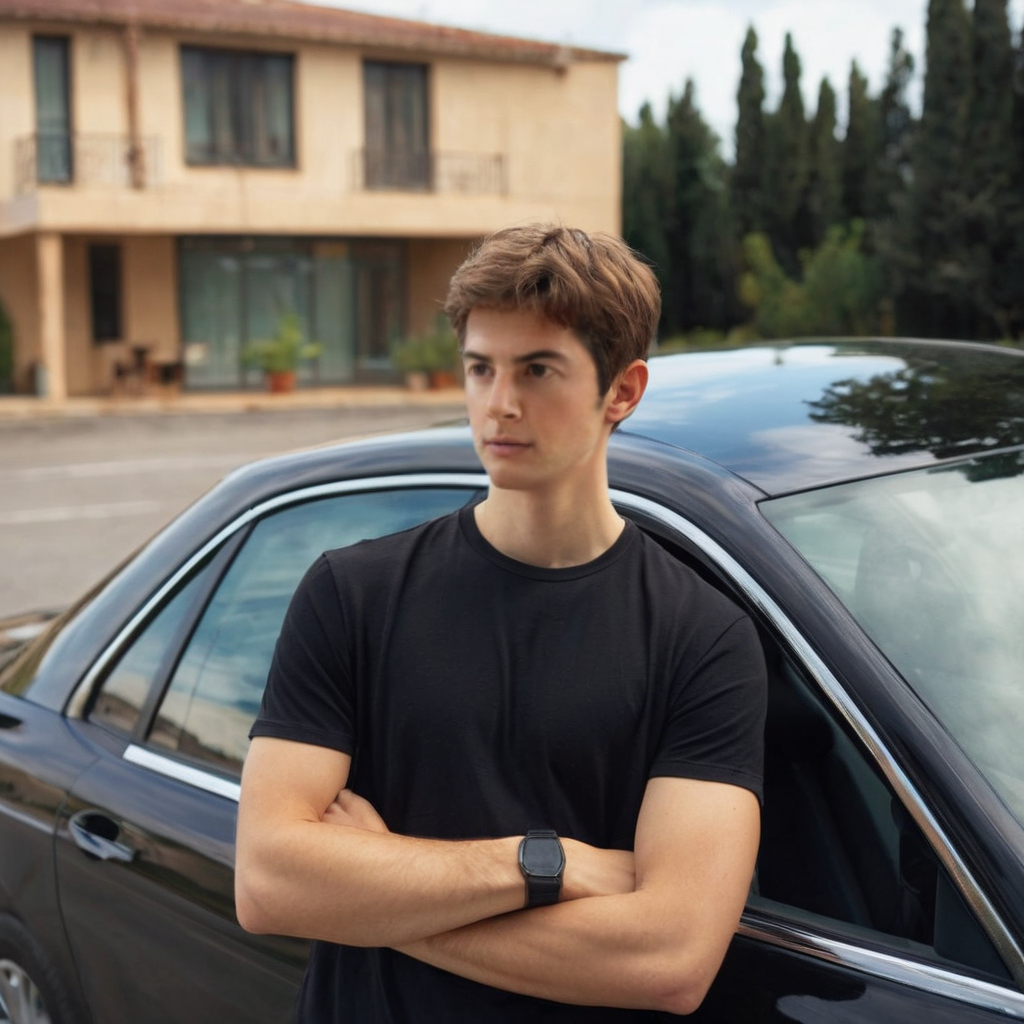
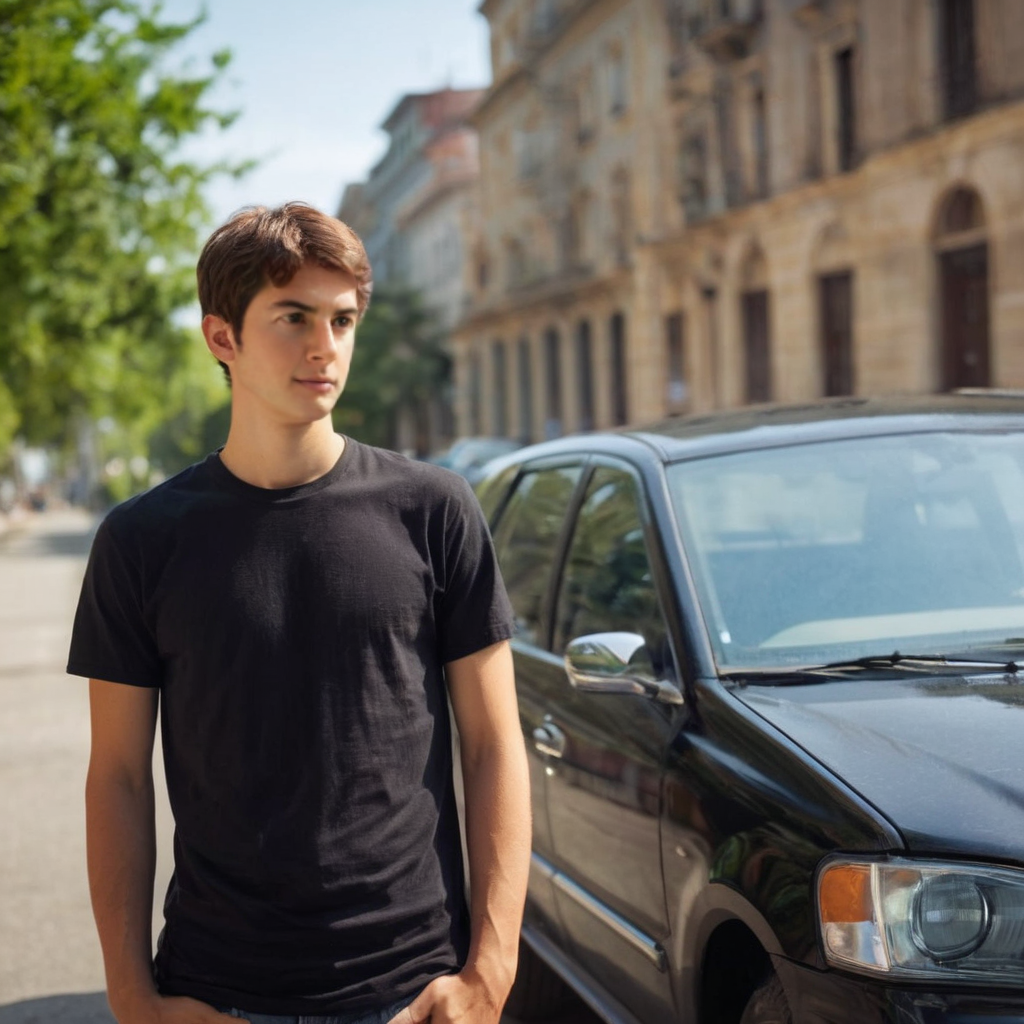
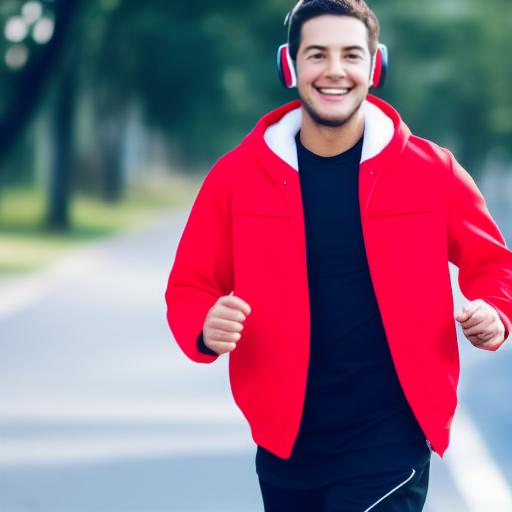
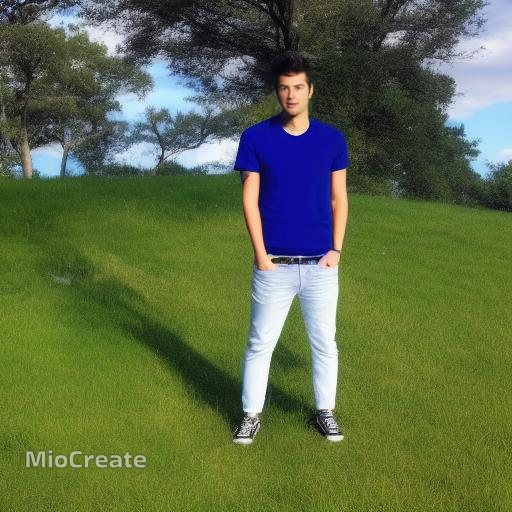
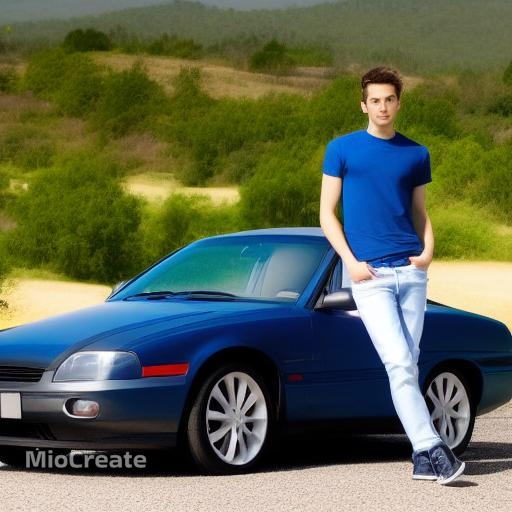
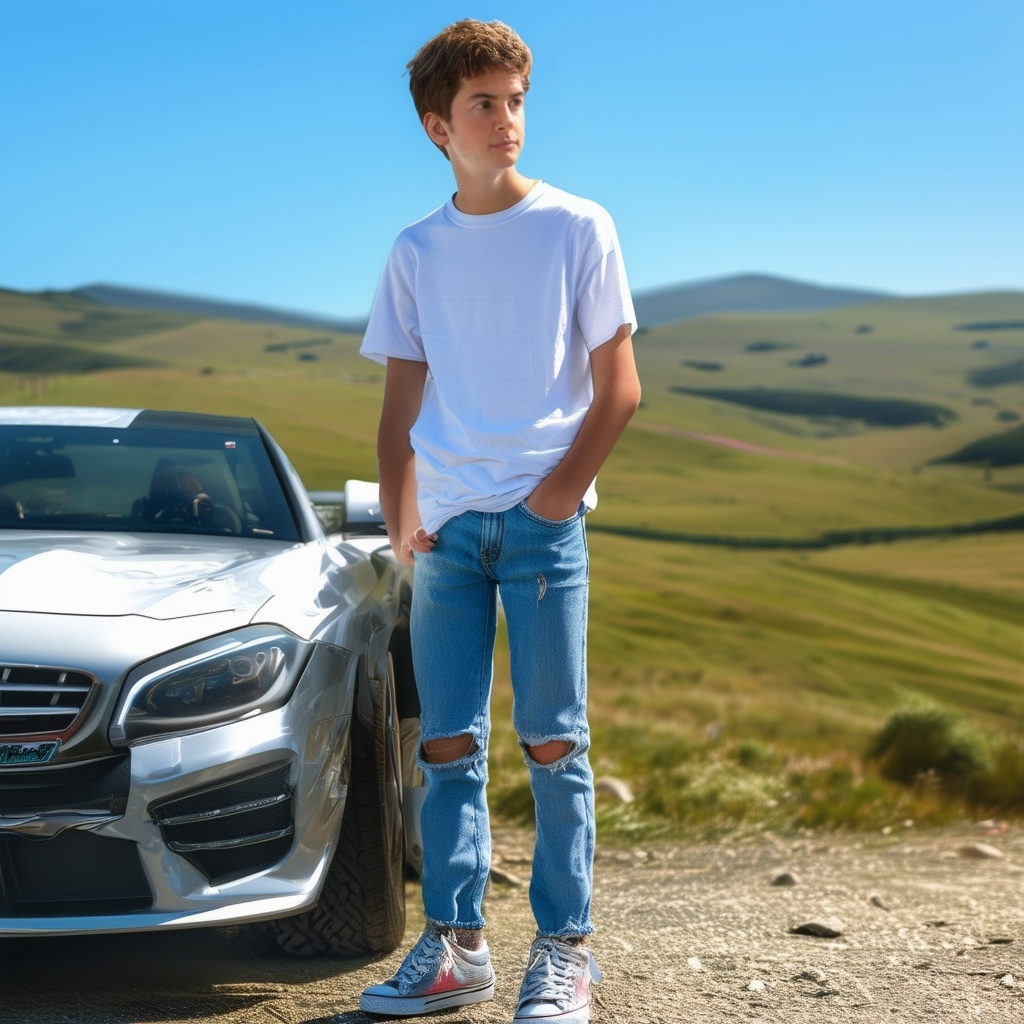
.png)
.png)
.png)